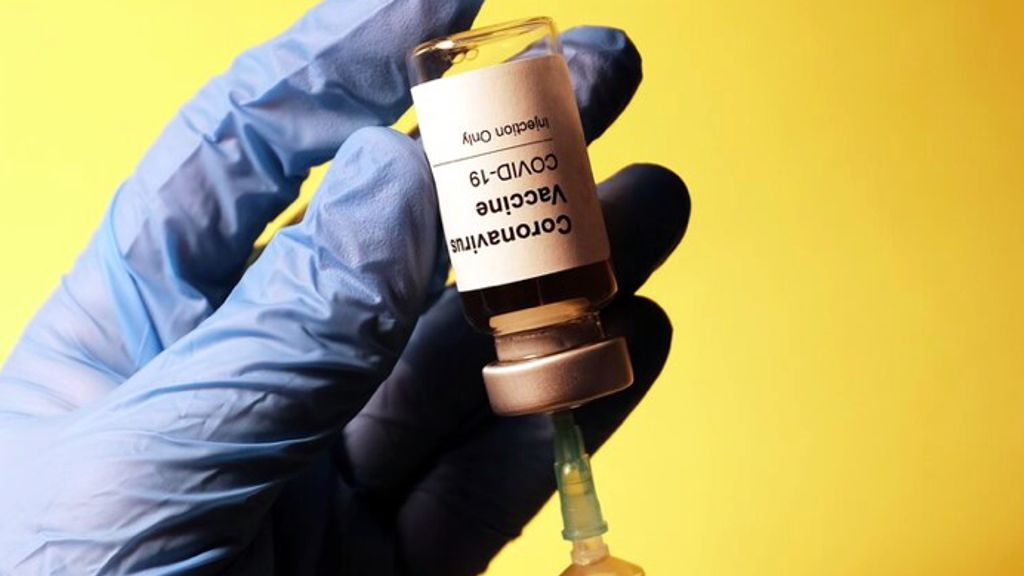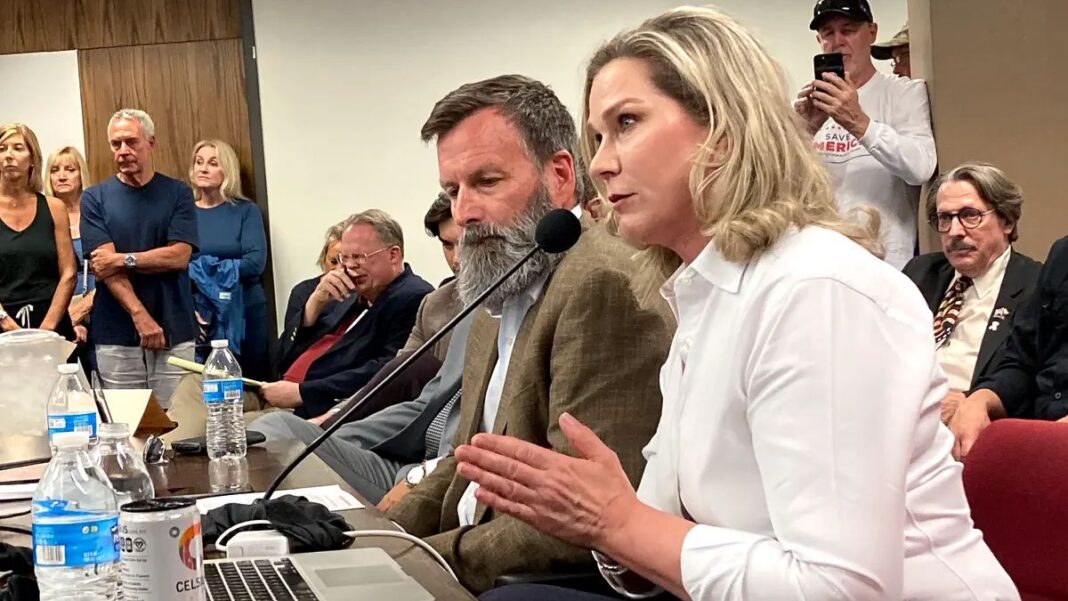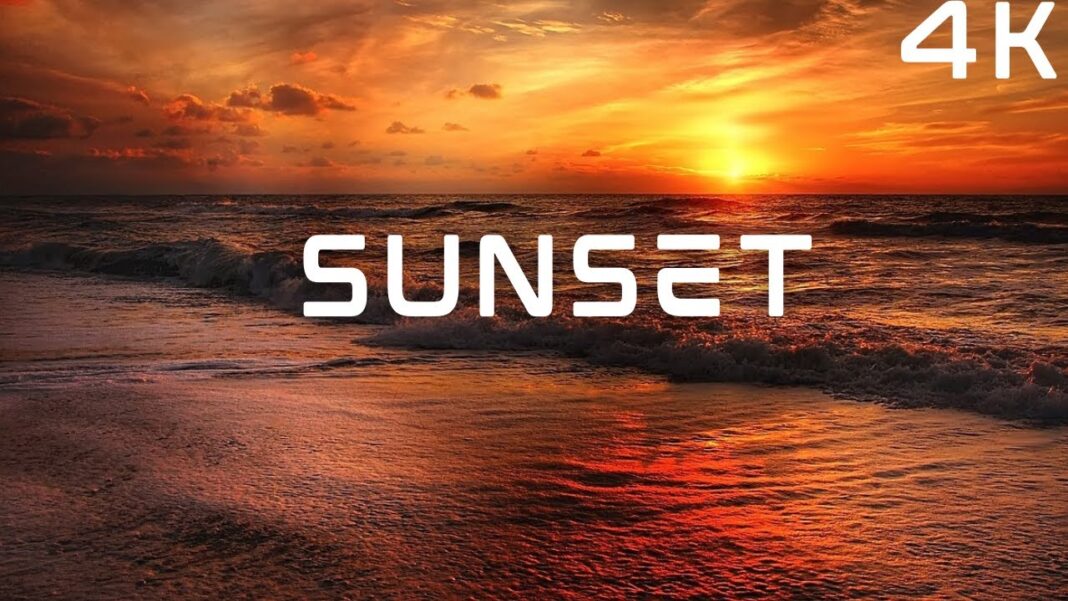Researchers are estimating thousands of people will participate.
Researchers who hope to learn more about COVID-19 vaccine injuries have launched a new study.
“The primary goal of this project is to document the symptoms and treatments of vaccine-injured individuals. With enough participants, we hope to identify symptom patterns or clusters, and treatments that align with these symptom patterns or clusters,” Linda Wastila, director of research at the University of Maryland’s Peter Lamy Center on Drug Therapy and Aging, told The Epoch Times in an email.
“One of the most frustrating aspects of COVID-19 vaccine injury is the lack of medical and health acknowledgement, and the lack of knowledge of how to manage and treat symptoms,” she added.
Ms. Wastila, who holds a bachelor’s degree of science in pharmacy, a master’s degree of science in public health, and a doctorate in health policy, is leading the study, with assistance from the vaccine-injured support group React19.
Participants will fill out a survey that takes an estimated 60 to 90 minutes to complete.
They will be asked about their health before receiving a COVID-19 vaccine and symptoms they experienced after vaccination. They will also be asked about tests they underwent, diagnoses they received, and treatments that were administered.
Participants must be 18 years of age or older.
“We hope to use this data to publish patient-driven data about vaccine reactions in hopes of educating the medical community and other vaccine-injured individuals,” React19 said on its website.
React19 says it plans to publish the results in top research journals.
No Funding
The study is not receiving any funding; instead, it is being carried out by Ms. Wastila and React19 volunteers in their spare time.
Ms. Wastila said that she did not think such a study would receive funding from federal or state governments, and that it would be difficult and time-consuming to obtain funding from private sponsors.
“To garner funding also [would] take considerable time and effort, and the risks of not receiving funding are high. This survey is ‘urgent’ and we don’t have a year or longer to find out if our research proposals are funded,” Ms. Wastila said.








